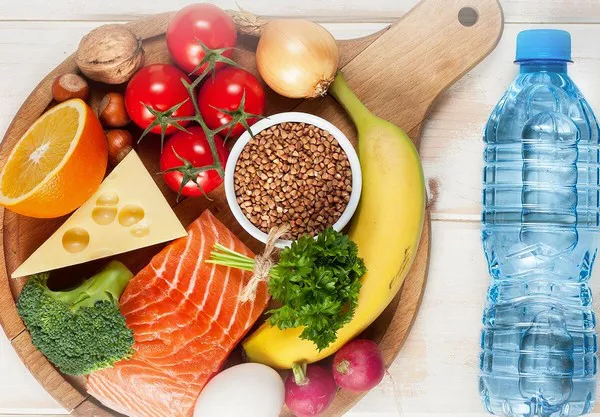Philadelphia, May 13, 2024 – Firefighters face a significantly higher risk of developing various cancers, including those affecting the digestive and respiratory systems, compared to the general population. This elevated risk has prompted research into firefighters’ perspectives on cancer prevention and the potential impact of dietary habits. Insights from this research are crucial for creating targeted interventions aimed at reducing cancer risks among firefighters, with a particular focus on dietary strategies.
A recent study published in the Journal of Nutrition Education and Behavior by Elsevier delved into American firefighters’ awareness of cancer, their attitudes towards the disease, and their views on diet as a preventive measure. The study’s lead author, Dr. Ashlea Braun, RD, of the TSET Health Promotion Research Center at the Stephenson Cancer Center, University of Oklahoma Health Sciences Center, highlighted the importance of this research. “Given the connection between diet and cancer risk, and the heightened risk among firefighters, understanding how these risk factors can be mitigated through evidence-based interventions is crucial,” Dr. Braun stated.
The study utilized a mixed-methods cross-sectional design, recruiting participants nationwide through professional networks. The survey included both quantitative and qualitative questions, aiming to capture firefighters’ cancer history and their perceptions of nutrition’s role in cancer prevention. Analysis was conducted using SPSS statistical software for quantitative data and qualitative content analysis for narrative responses. The qualitative responses were further analyzed using the Behavior Change Technique Taxonomy Version 1 (BCTTv1), a framework for identifying and implementing behavior change strategies.
A total of 471 firefighters participated in the study. Results showed that nearly half (48.4%) of the respondents strongly believed they were at risk for cancer, and 44.6% agreed that dietary changes could reduce this risk. The most frequent BCTTv1 codes related to educational interventions, with “Instruction on how to perform the behavior” being noted by 45.1% of participants. Other prominent strategies included “Action planning” (24.8%).
Participants expressed a desire for clear, accurate information regarding the extent to which dietary changes could reduce cancer risk. Concerns about misinformation were prevalent, underscoring the need for trustworthy, evidence-based guidance. Additionally, many firefighters pointed to systemic barriers, such as the food environments in fire stations, as obstacles to adopting healthier diets.
The study concludes that while macro- and micro-level changes to food environments are necessary, firefighters also require personalized support to address their specific risk factors and implement effective dietary changes. The COVID-19 pandemic has exacerbated concerns about misinformation, including in the realm of nutrition, highlighting the need for reliable information to support informed dietary decisions. Future research should build on these findings to develop targeted interventions for firefighters and explore similar strategies for other tactical populations.
“Consistent with previous studies, we found firefighters are aware of their increased risk of cancer and are willing to change their diets to improve their health,” Dr. Braun remarked. “Although some participants were skeptical about the impact of diet on cancer risk, most without a cancer history believed that dietary changes could reduce their risk.”
This study underscores the importance of providing firefighters with credible, specific dietary guidance to help mitigate their heightened cancer risk.






























